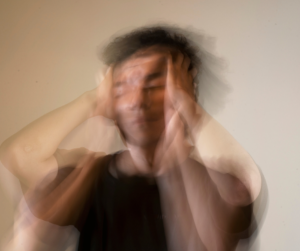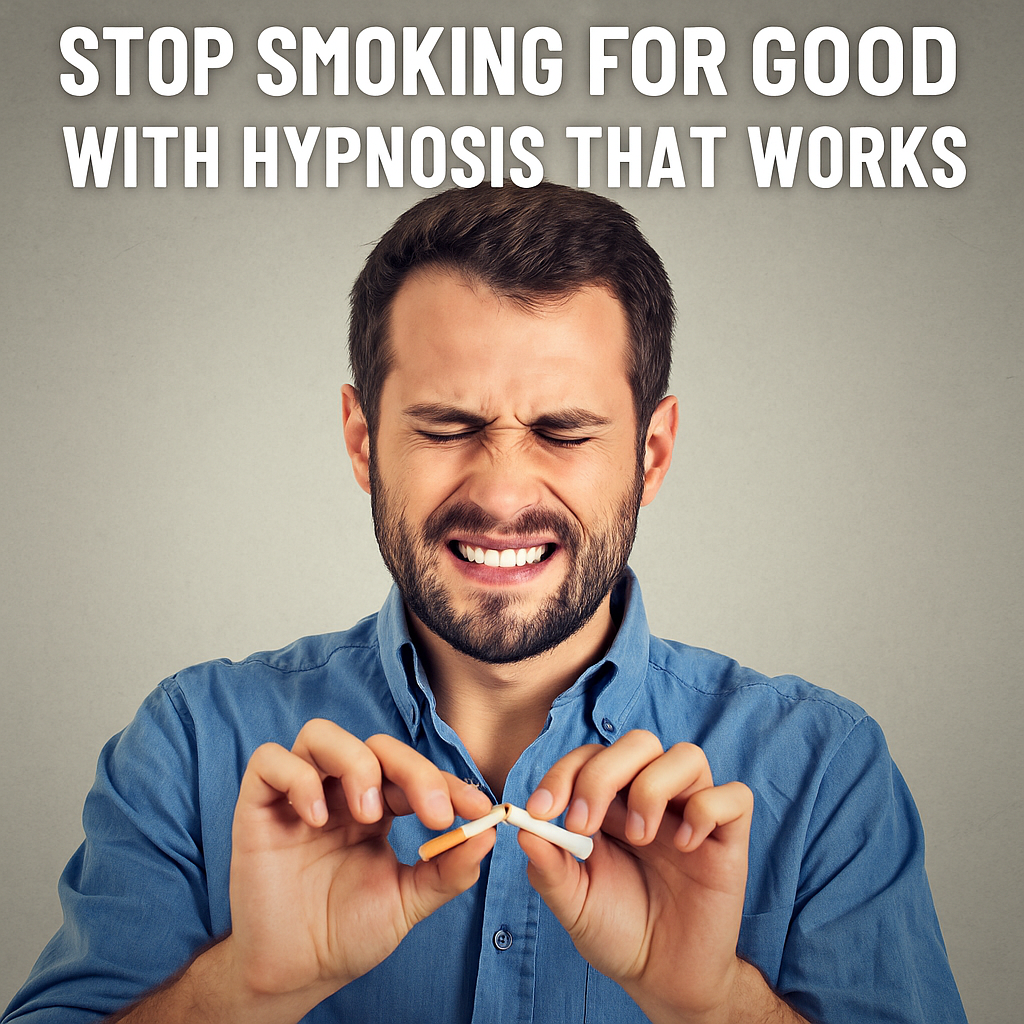Understanding Anxiety Disorder Symptoms: Recognizing Signs and Seeking Support
Anxiety, a common yet complex phenomenon, manifests in various forms, affecting millions worldwide. In our ongoing quest to shed light on anxiety’s multifaceted nature, we delve deeper into anxiety disorder symptoms. Recognizing these signs is the first step toward understanding and managing anxiety effectively.
As we navigate this labyrinth of emotions, let us embark on a journey of exploration and enlightenment. Together, we will unravel the intricacies of anxiety disorder symptoms, offering clarity, compassion, and hope to those who seek understanding and support.
At the heart of anxiety disorder lies a persistent sense of worry and fear that extends beyond normal concerns. Individuals may experience intrusive thoughts, often fixating on potential threats or catastrophic outcomes. This constant state of apprehension can significantly impact daily functioning and quality of life.
Physical Symptoms
Anxiety disorder often manifests in a myriad of physical symptoms, ranging from mild discomfort to severe distress. These may include:
- Rapid heartbeat
- Shortness of breath
- Sweating
- Trembling or shaking
- Dizziness or lightheadedness
- Gastrointestinal disturbances
- Muscle tension or aches
- Fatigue or restlessness
These physical manifestations underscore the intimate connection between the mind and body, highlighting the profound impact of anxiety on overall well-being.

Cognitive Symptoms
The cognitive symptoms of anxiety disorder can be equally debilitating, affecting thought patterns, decision-making, and perception. Common cognitive symptoms include:
- Racing or intrusive thoughts
- Difficulty concentrating or focusing
- Irrational fears or phobias
- Catastrophic thinking
- Heightened sensitivity to perceived threats
- Memory impairment or forgetfulness
These cognitive distortions can distort reality, leading individuals to perceive danger where none exists and perpetuating the cycle of anxiety.
Emotional Distress
Anxiety disorder often gives rise to intense emotional distress, amplifying feelings of fear, uncertainty, and vulnerability. Individuals may experience:
- Frequent episodes of panic or dread
- Overwhelming feelings of apprehension or unease
- Irritability or agitation
- Mood swings or emotional volatility
- Feelings of detachment or dissociation
- Persistent sadness or hopelessness
These emotional upheavals can disrupt interpersonal relationships, hinder professional success, and diminish overall quality of life.
Behavioral Changes
In response to anxiety disorder symptoms, individuals may exhibit various behavioral changes as they attempt to cope with or avoid perceived threats. These behaviors may include:
- Avoidance of triggering situations or environments
- Ritualistic or repetitive behaviors (e.g., compulsions)
- Social withdrawal or isolation
- Substance abuse or reliance on unhealthy coping mechanisms
- Impaired decision-making or risk-averse behavior
While these behaviors may offer temporary relief, they ultimately perpetuate the cycle of anxiety, reinforcing maladaptive patterns of coping.
Seeking Support and Treatment
Understanding anxiety disorder symptoms is crucial, but equally important is seeking support and treatment to address these challenges effectively. Here are some steps individuals can take:
- Consult a Mental Health Professional: If you or someone you know is experiencing symptoms of anxiety disorder, seek guidance from a qualified mental health professional. A therapist or psychiatrist can provide a comprehensive assessment, diagnosis, and personalized treatment plan tailored to your needs.
- Explore Therapy Options: Various therapeutic approaches, including hypnotherapy, cognitive-behavioral therapy (CBT), exposure therapy, and mindfulness-based interventions, can help individuals manage anxiety disorder symptoms effectively. Explore different therapy modalities to find the approach that resonates with you.
- Consider Medication: In some cases, medication may be prescribed to alleviate severe symptoms of anxiety disorder. Antidepressants, anti-anxiety medications, and beta-blockers are among the pharmacological options available. Consult your healthcare provider to discuss the potential benefits and risks of medication.
- Practice Self-Care and Stress Management: Incorporate self-care practices into your daily routine to promote emotional well-being and resilience. Engage in activities that bring you joy and relaxation, such as exercise, mindfulness meditation, creative expression, and spending time in nature.
- Connect with Supportive Communities: Seek out support from friends, family members, or support groups who understand and empathize with your experience. Sharing your struggles and triumphs with others can foster a sense of belonging and validation, reducing feelings of isolation and stigma.
Anxiety disorder symptoms can be overwhelming and disruptive, but they do not define you. By recognizing these signs and seeking support, you can embark on a journey of healing and transformation.
Remember, you are not alone, and recovery is possible. With courage, compassion, and resilience, you can navigate the challenges of anxiety and embrace a life of greater peace and fulfillment.
Get a free copy of my program, The Power of Your Unconscious Mind. It will explain where the anxiety comes from and how we can get rid of it.
The post Understanding Anxiety Disorder Symptoms: Recognizing Signs and Seeking Support first appeared on Indy Hypnosis Center.



